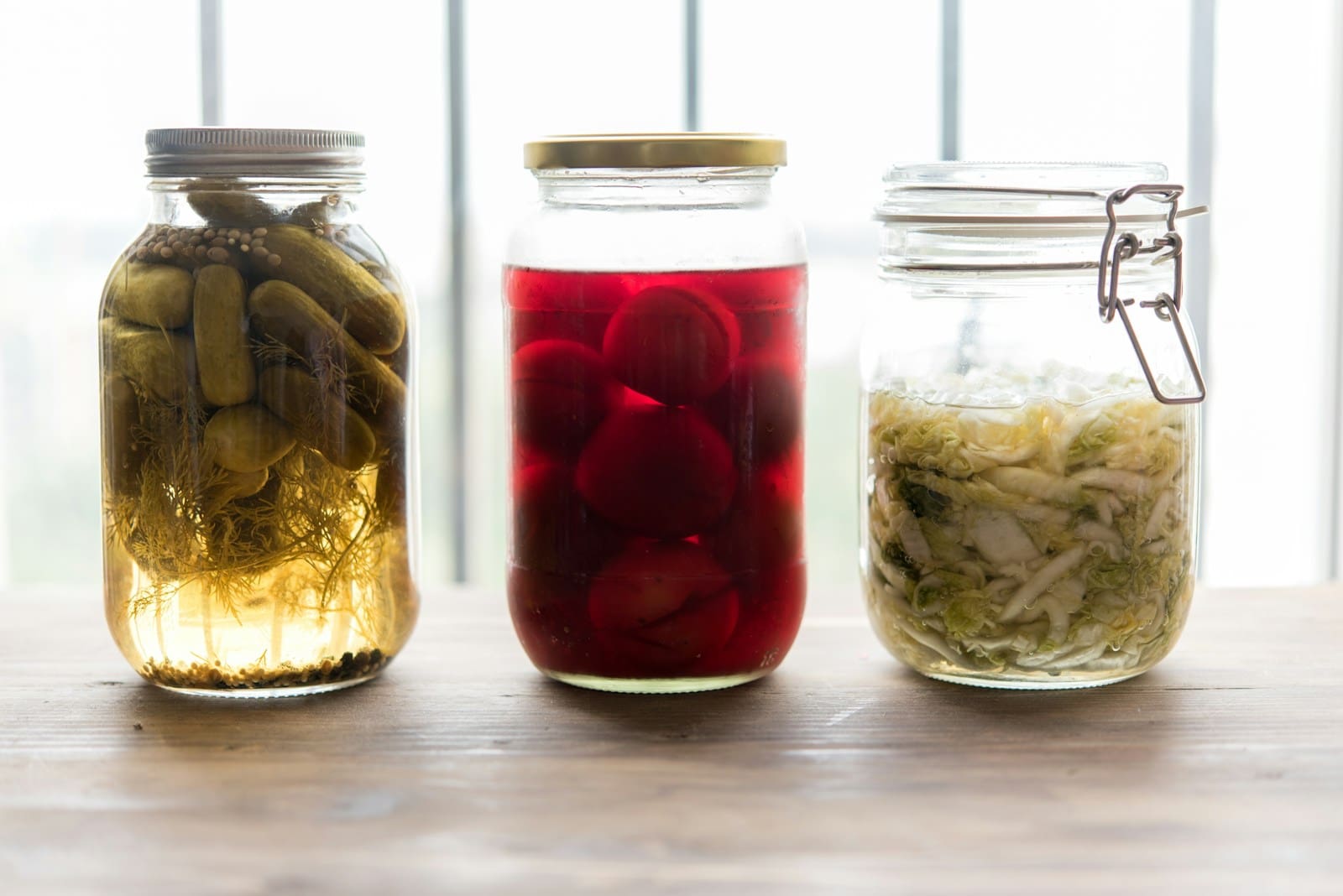The gut microbiome consists of trillions of bacteria and microorganisms that live in the digestive tract. When you eat for your gut, you can improve your digestive health and avoid problems. Here are 10 foods for good digestion.
10. Fermented foods
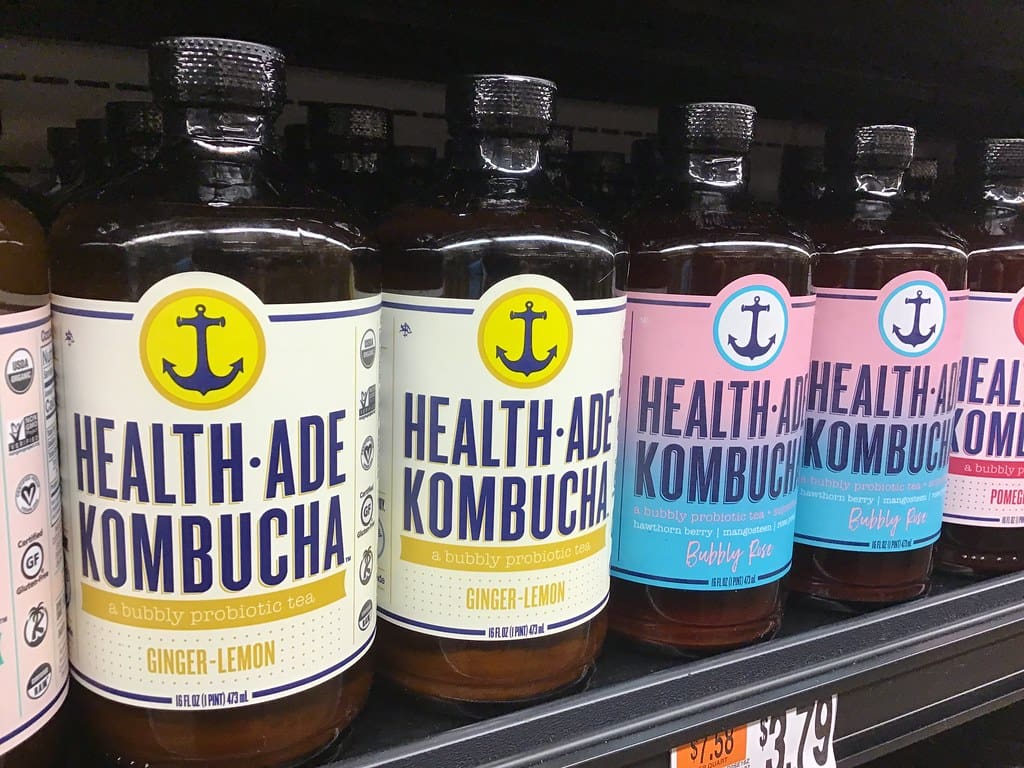
Fermented foods such as yogurt, kimchi, sauerkraut, kefir, miso, and kombucha all can provide benefits to improve overall gut health. A diet rich in fermented foods can improve digestion and bowel movements and help strengthen the intestinal walls. They can also help digest lactose more easily. Fermented foods also improve the immune system and reduce inflammation.
9. Whole grains
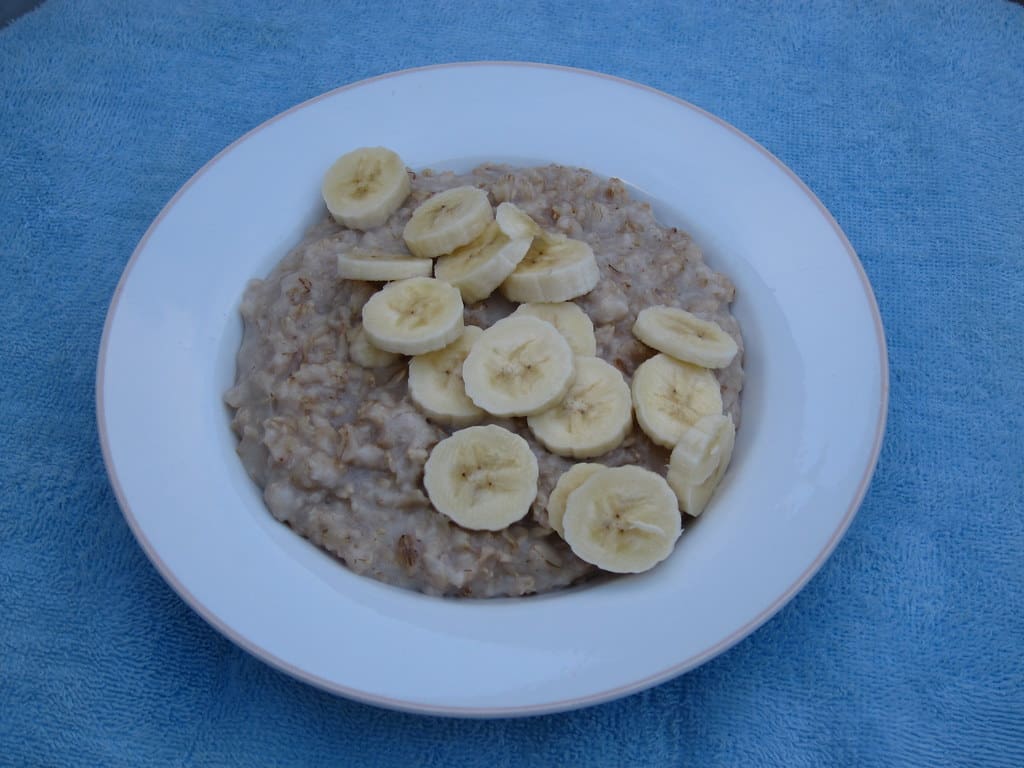
Whole grains can benefit your gut health because they are rich in fiber and feed good gut bacteria. Fiber helps avoid constipation. Studies suggest fiber can reduce the risk of chronic digestive conditions. Whole grains are complex carbohydrates. Good sources include bread, oatmeal, brown rice, oatmeal, cereals, and popcorn. Look for whole wheat as an ingredient, and avoid refined wheat.
8. Bananas
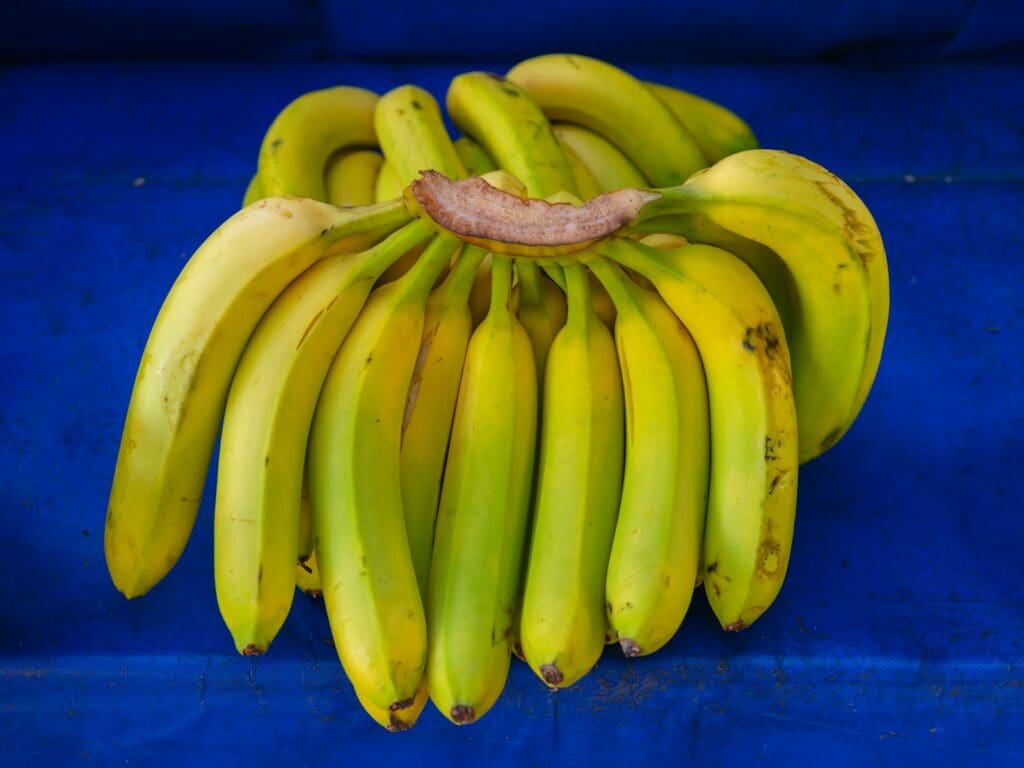
Bananas are a high-fiber, prebiotic food that provides nourishment to the probiotic good gut bacteria that help digestive health and the immune system. They are high in pectin, a soluble fiber that can help normalize bowel function. Bananas contain potassium, which helps increase stomach mucus production and prevent excess acid formation. Bananas can soothe flatulence and diarrhea and prevent constipation.
7. Broccoli
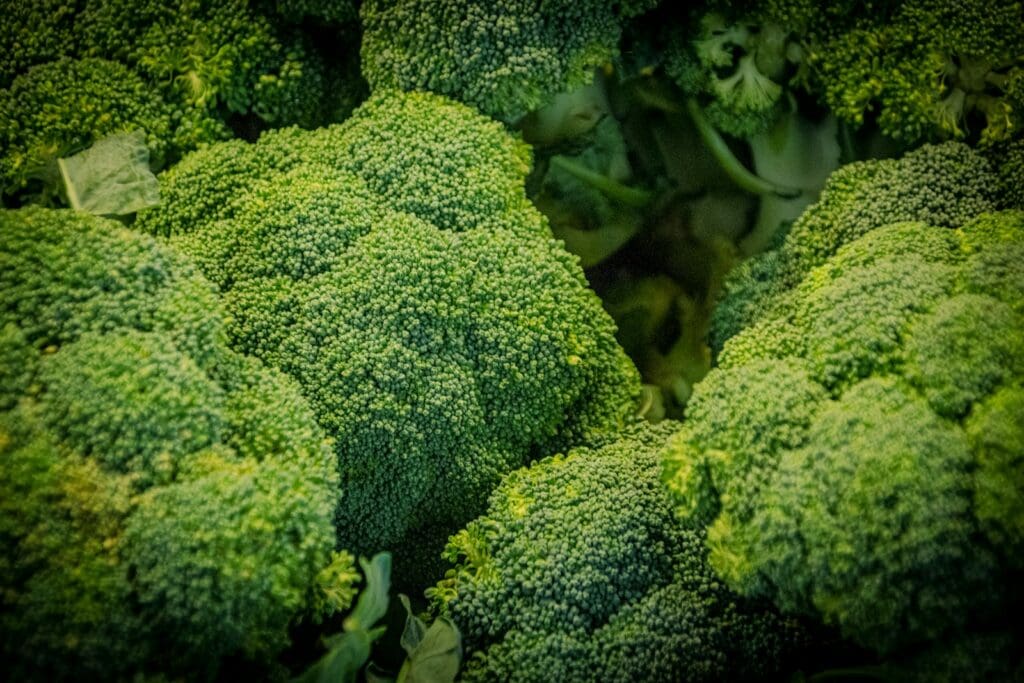
Broccoli provides several benefits for gut health. It’s high in dietary fiber, aiding digestion, and reducing inflammation. Broccoli is high in prebiotic fiber that nourishes good gut bacteria. It’s rich in sulfur, and studies have shown broccoli can help protect your intestinal lining. The fiber in broccoli helps regular bowel movements and prevents constipation.
6. Avocado
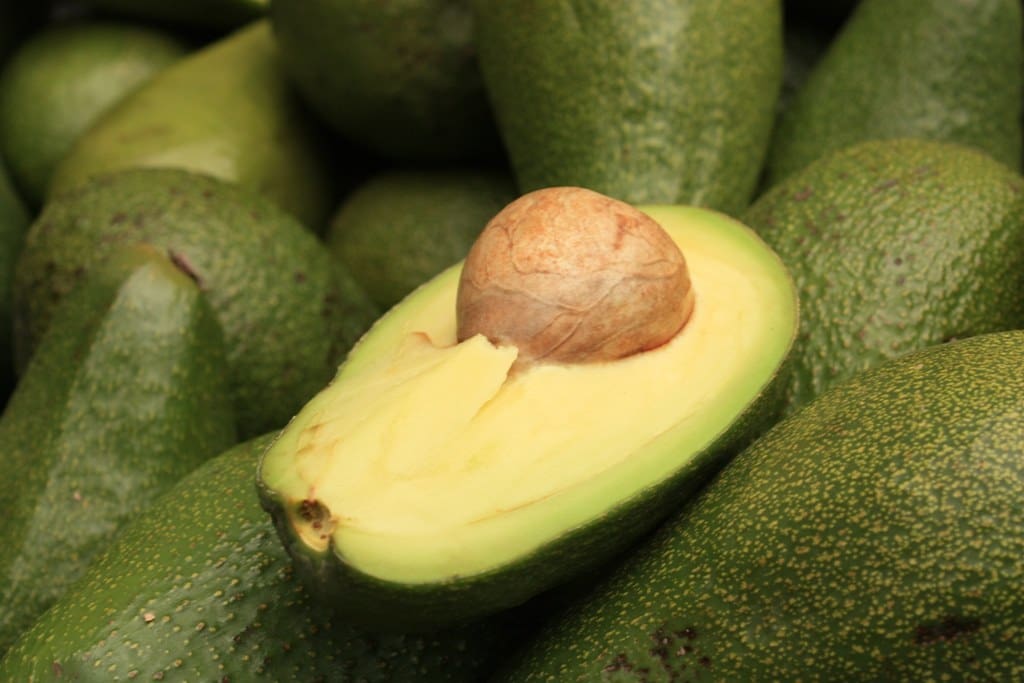
Avocado is high in fiber, containing both soluble and insoluble fiber, which helps maintain healthy bowel function. The soluble fiber absorbs water and is fermented by gut bacteria. Insoluble fiber helps bulk out stools. These work to help aid digestion, bowel movements, and constipation. Avocado contains pectin, which may have a positive effect on beneficial live probiotics.
5. Almonds
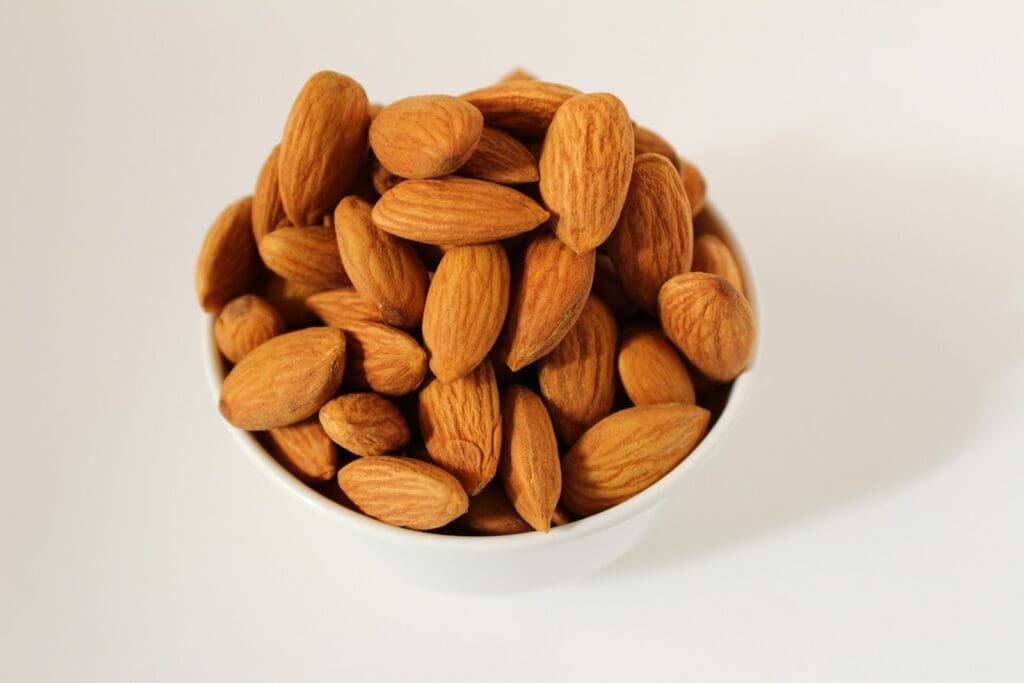
Almonds can increase the diversity of the gut microbiome and the ratio of beneficial to harmful bacteria. Almonds can increase the production of butyrate, a fatty acid that can boost gut health and may help with inflammation, colon cancer risk, and sleep quality. Almonds are high in fiber, which can help with regularity and digestion and prevent constipation.
4. Beans & Legumes
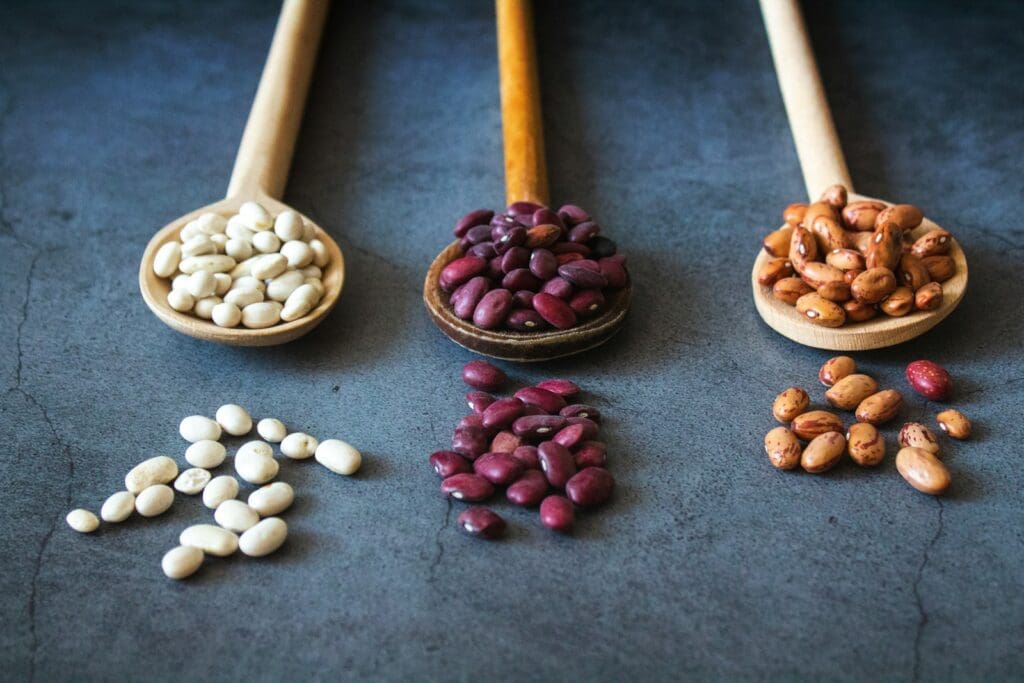
Beans and legumes offer many benefits for gut health. They are high in fiber, which can aid digestion and bowel movements. Fiber helps the growth of healthy bacteria in the gut. Beans and legumes can reset an upset stomach. Lentils are a legume that is particularly good for digestion because its fiber is easier to digest than many other beans.
3. Sweet Potatoes
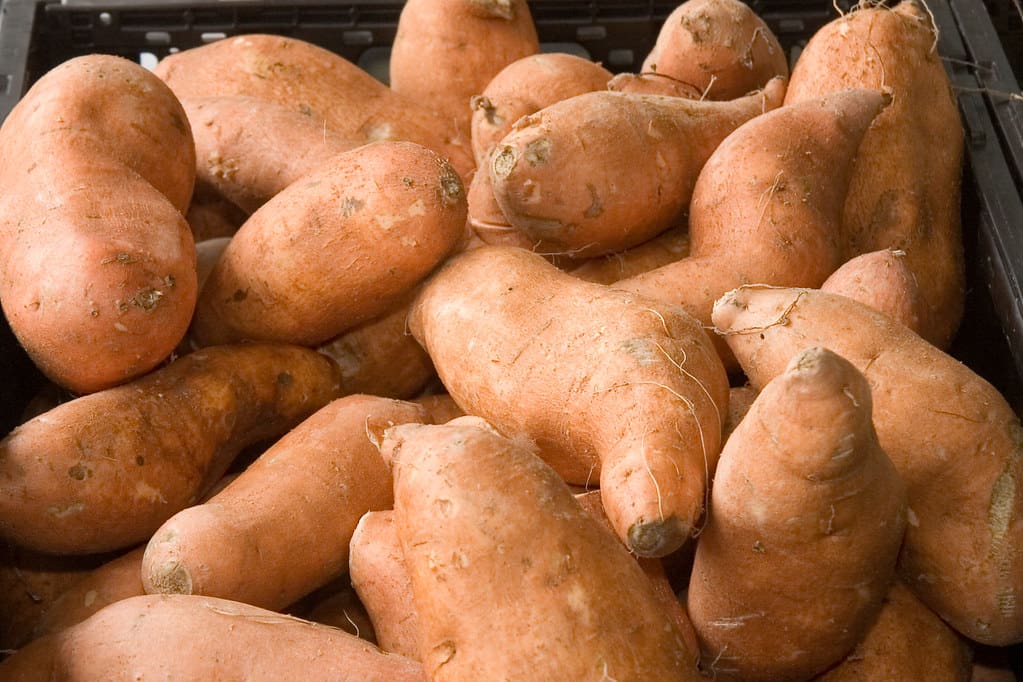
Sweet potatoes contain antioxidants. Purple sweet potatoes, in particular, have high levels, which promote healthy gut bacteria growth. Sweet potatoes contain prebiotics such as oligosaccharides, which help balance your gut bacteria. Sweet potatoes are high in soluble and insoluble fiber, which feed good bacteria, help regularity, and prevent constipation. Sweet potatoes also help strengthen the gut lining.
Read More: Everyone Agrees. These Are The Most Offensive Food Smells
2. Apples
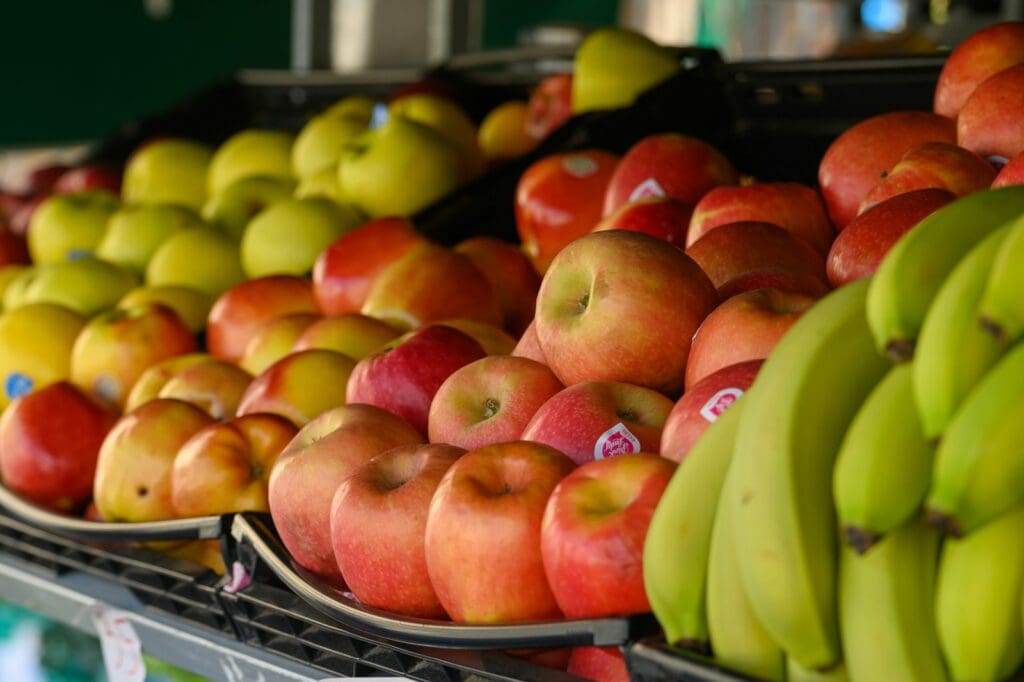
Apples are high in soluble fiber, which slows carbohydrate digestion. They contain pectin, another type of fiber that is a prebiotic, feeding the good bacteria in the gut. This helps improve the ratio of Bacteroidetes to Firmicutes, the two main types of bacteria in the gut. Apples contain quercetin, a flavonoid antioxidant that hinders the growth of harmful gut microbes.
Read More: The 15 Best Foods for Your Immune System
1. Garlic
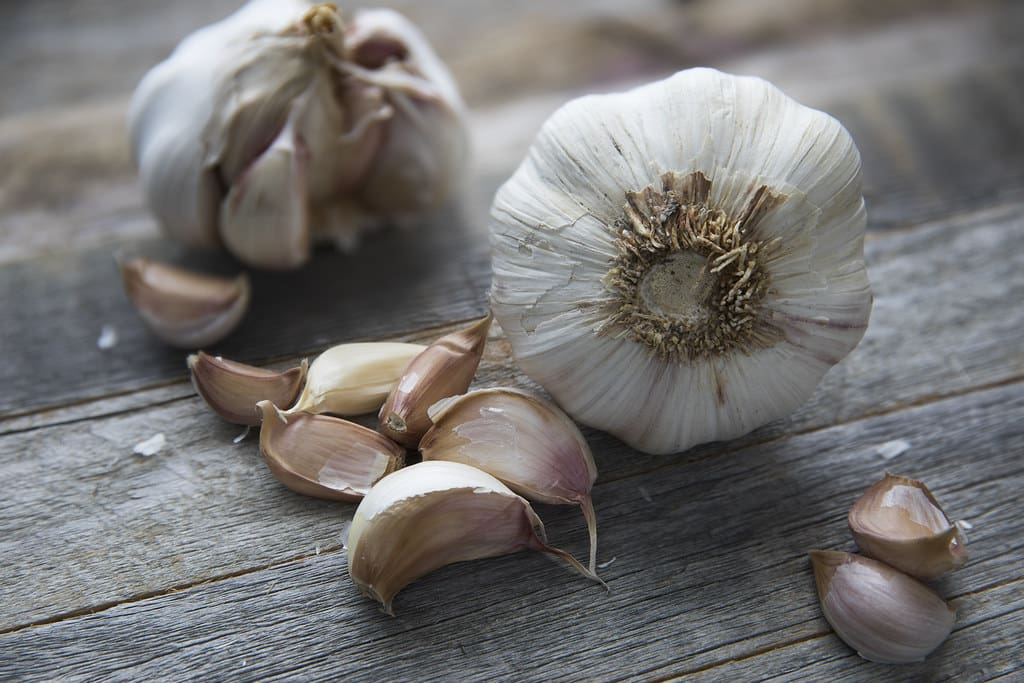
Garlic contains prebiotic fiber and fructans, which feed the healthy bacteria in your gut. Garlic contains organosulfur compounds, which fight harmful bacteria in the gut. Garlic contains antibacterial, antiparasitic, and antiviral compounds, which can remove toxins, parasites, and pathogens from the colon. A 2022 study found people who took Kyolic-aged garlic extract supplements had more diverse, healthy gut microbiomes.
Read More: Top 10 Exotic Fruits You Need to Try

